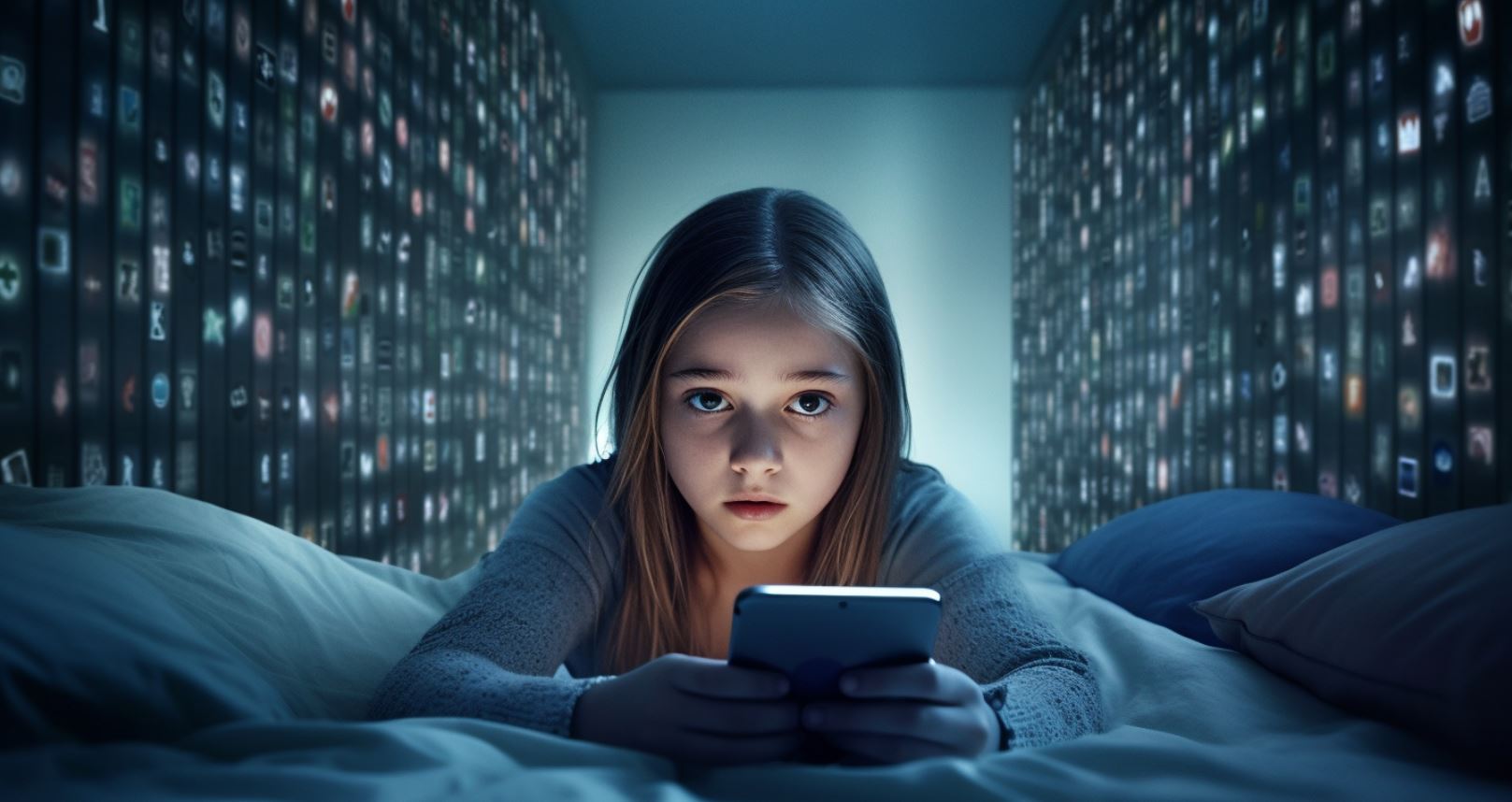
Questioning changes as they occur is always a difficult, if not downright foolhardy, undertaking. Certainly, when the object of the investigation concerns the changes social media has wrought on individuals, this feeling becomes truly powerful.
It’s clear to everyone how new communication technologies are radically changing the way we relate to others, our customs, our public and private behaviors. A true anthropological mutation of the masses and individuals. A metamorphosis that involves redefining the way we search for the information we need, the way we communicate, and above all, the way we interact with others.
The constant and continuous use of photographs, comments, indications of taste or orientation seems to erase our ego and many people show increasingly serious and disabling signs of addiction, with symptoms of Tolerance, Withdrawal and Craving.
Tolerance is the need to stay connected and/or continually update the personal content of your page.
Withdrawal is the experience of intense psychological and physical discomfort if one does not connect for a certain period of time.
Craving is the ever-increasing presence of fixed thoughts and strong impulses regarding how and when to connect.
Friendship Addiction is a kind of addiction to connecting, updating and checking one’s own web page and above all seeking friendships and contacts.
The main driver is the increasingly widespread and growing fear of losing our sense of presence in the midst of events and of disappearing or becoming irrelevant within the flow of communication. When we’re connected, we can almost completely control our communication, as well as see ourselves as we’d like to be.
Like Narcissus, we are victims of our own weakness, and thus remain perpetually held hostage by our reflection on the screen. In the delusional belief that we can control our actions, we instead become increasingly dependent on the judgment of others. We don’t act, but are acted upon!
A significant aspect of this process is represented by some syndromes and pathologies.
FOMO is the acronym for fear of missing out and is the syndrome that occurs when one passively and painfully witnesses real-life episodes perceived through the mediation of social media.
Alone together is the feeling of intense loneliness that comes over you when you’re not in constant contact with someone online. We could also call it “like depression.” Or rather, a lack of likes, posts, notifications, messages, reminders, tweets, and retweets. All those “alerts” that, even on the grayest day, give us the feeling of being in communication, beyond our physical space, and of having, why not, a mountain of friends.
Paolo Ferri, professor of New Media Theory and Techniques at Bicocca University, explains that young people have now figured out the trick: “They know that many of those contacts are pure illusion, and they prefer the WhatsApp group of their real-life peers. Meanwhile, adults who consider themselves perfectly integrated and impose a social media curfew on their children remain increasingly connected to their smartphones.”
Dopamine is a neurotransmitter implicated in addiction. A “like” on a photo posted a few seconds earlier triggers a rush in the body that creates a hypnotic effect and keeps you glued to your device’s screen.
At the brain level, greater quantities of psychoactive substances are released, and at the mental level, compensatory mechanisms and patterns are created that lead to continuous and ever-increasing reuse. When the individual is deliberately disconnected or when connection is impossible, serious psychological symptoms such as anxiety, depression, panic attacks, fear, sleep problems, insecurity, and susceptibility arise. Physically, too, numerous problems can arise, such as migraines, eye strain, excessive sweating, tachycardia, tension, muscle cramps and/or pain, and severe fatigue.
Social media have produced new languages and consequently new ways of reading and analyzing them.
Here’s what psychologist Dr. Larry Rosen wrote for Psychology Today: ” Like” is an example of what I would call “virtual empathy.” We’re all well aware of what it means to empathize with someone. When you click “Like,” you’re communicating with another human being. What are you communicating? You’re acknowledging them in some way. You’re saying, “I understand. I get it. I’m here.”
It’s easy to understand that positive recognition for one’s posts can bring pleasure, but when the need for acceptance is reduced to the frantic search for likes, one risks entrusting one’s self-worth to the internet.
It seems illogical that a series of applications can dictate our lives. And not only that. By using each of them, we construct a life and personality that are sometimes far from reality. Virtual reality and real life are intertwined and increasingly confused.
The dark side of social media has to do with our perception of perfection. Being happy isn’t something to aspire to, but a requirement. The big problem is that the false image of happiness outshines the truth.
” Programming is the ideal strength of any digital society, but if we don’t learn to program, we risk being programmed by someone else. It’s not too difficult nor too late to learn the code behind everyday things, or at least understand that code exists between the interfaces of websites and programs. Otherwise, we remain at the mercy of programmers, those who pay them, and even technology itself.” Douglas Rushkoff
Are we being consumed by this competition, where everyone has to prove they have a better life than the other? And where virtuality surpasses reality?
Follow us on Google News to receive daily updates on cybersecurity. Contact us if you would like to report news, insights or content for publication.
